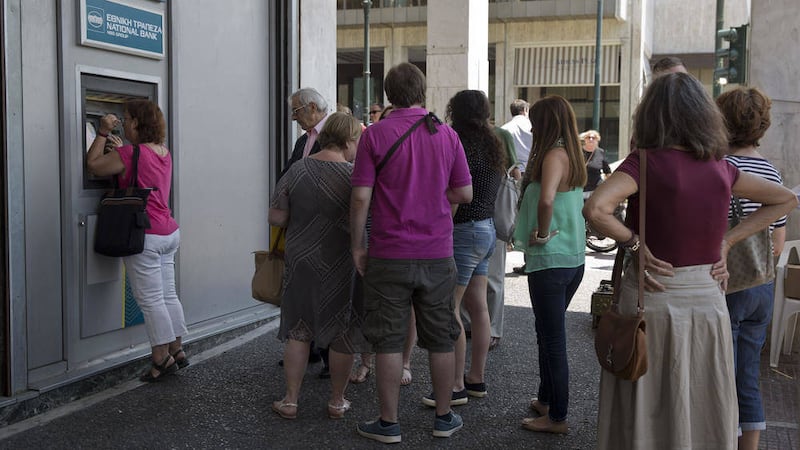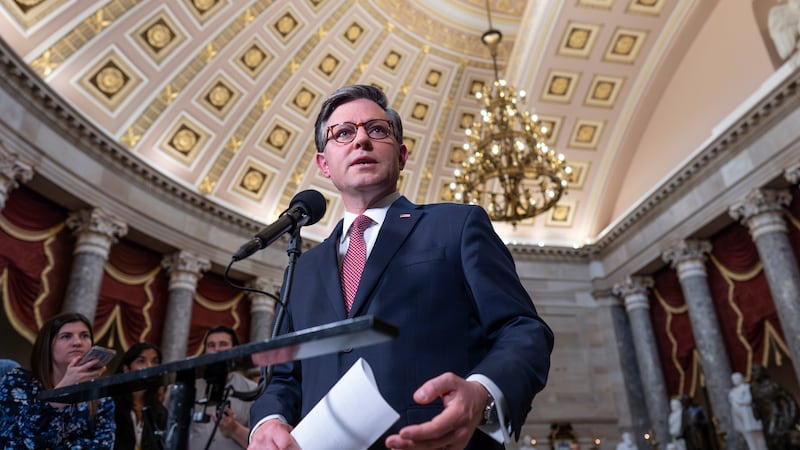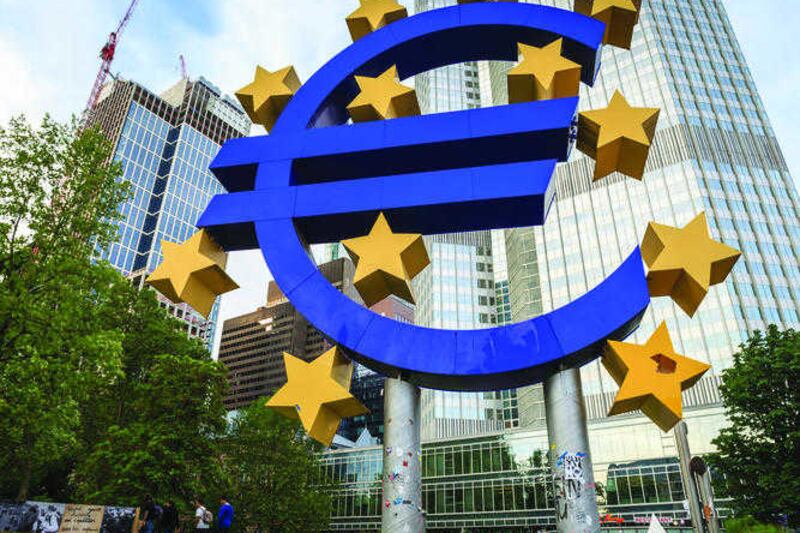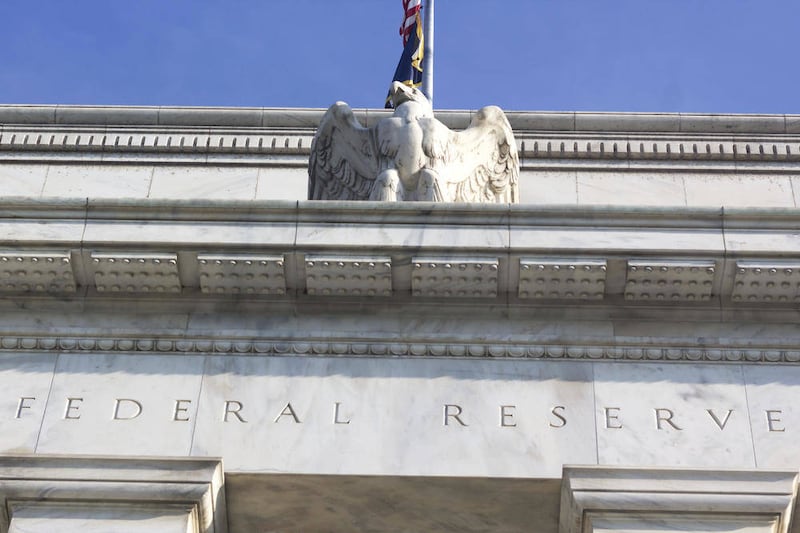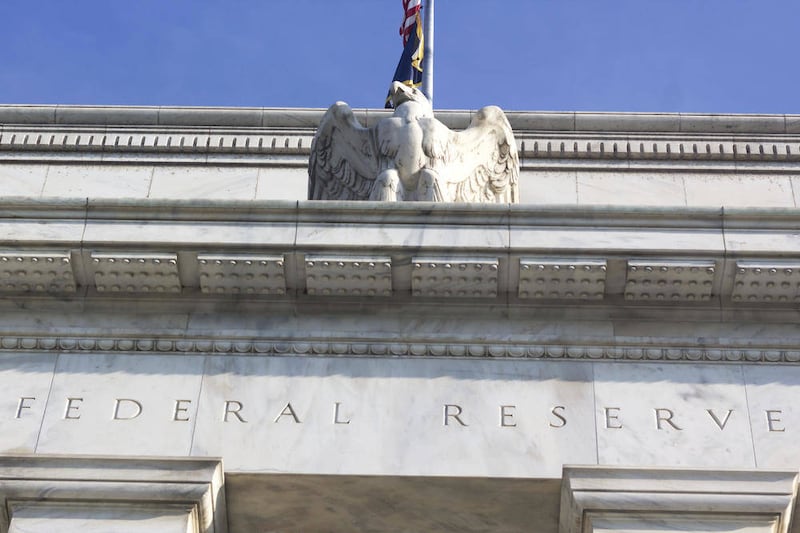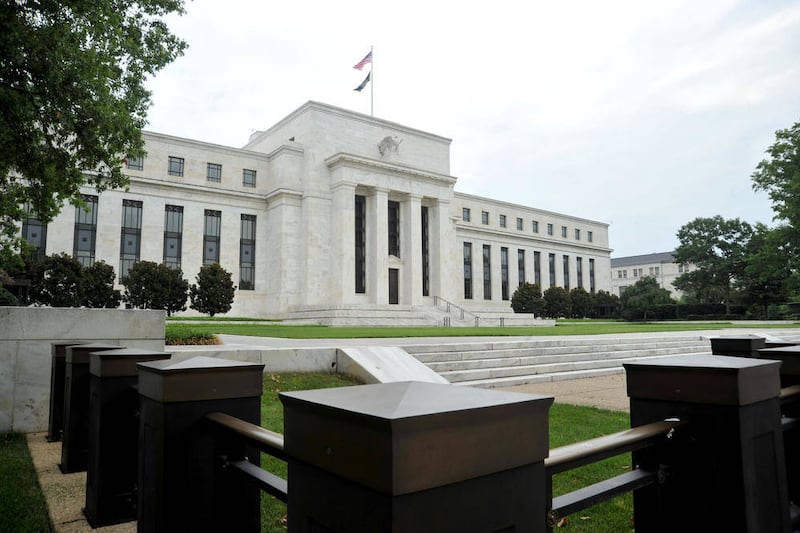Greece is teetering on the brink of financial meltdown after becoming the first developed nation to miss a payment to the IMF.
The international crisis escalated as the deadline for repaying €1.6 billion of debt passed. But desperate efforts are still under way to strike a deal that could stave off economic disaster.
The eurogroup of ministers are due to hold a conference call at 10.30am to discuss yet another proposal from the Athens government. But there are doubts over whether progress can be made after German chancellor Angela Merkel refused to consider releasing emergency funds from the eurozone stability mechanism before the Greeks hold a referendum on Sunday.
Markets across the world are braced for more turmoil as a Greek exit from the euro - and potentially the EU - becomes ever more likely. The FTSE shed nearly 100 points yesterday on top of losses from Monday, taking it close to the 6,500 mark.
Ministers have been making contingency plans to minimise any contagion from a Greek banking collapse, although the direct exposure of British institutions is thought to be minimal.
The left-wing Syriza government, elected on an anti-austerity platform, has been in talks for months with its Troika of creditors - the IMF, the European Central Bank (ECB) and the European Commission. Greek prime minister Alexis Tsipras has urged the country to vote against demands for spending cuts and tax rises in the national poll on Sunday. However, EU leaders have warned that a rejection would effectively mean Greece leaving the eurozone.
